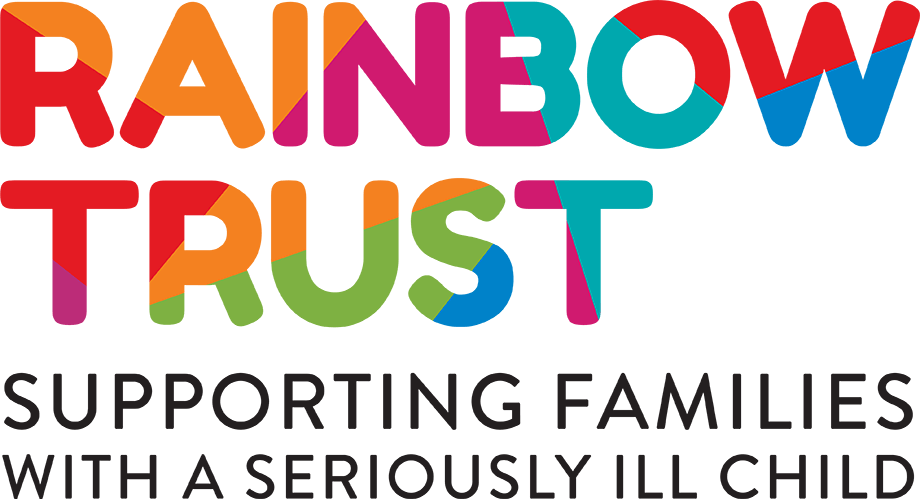Date published: 08 June 2020 by Claire Coussins
When a parent first plays peekaboo with their baby or gives a funny voice to a loved soft toy, they are engaging their child with the world of play. It is the first way that children learn to communicate with the world around them. Learning that their environment can be touched, moulded, coloured in, squashed, thrown, or hugged begins to grow an understanding that they have choices, they are independent, and they can express their thoughts and feelings.
Using play to communicate grows far before using language and is an expected and normal part of childhood development. It is of no surprise really that if a child experiences a situation that is stressful, they will use play to both express and manage their feelings and try to make sense of what is happening. They will do this without guidance or input from adults. You only have to observe children playing together to see that they are working things out through imaginary games and role play.
Adults can be quite dismissive of the role of play in the life of a child - “playing at something” has quite negative connotations. If we actually see play as how children “talk” to us and how they help themselves to work out problems and manage difficult emotions we can then truly see that as the renowned psychologist Piaget said: “Play is the work of childhood”.
So how can parents or those involved in supporting children at challenging times join them in this world of play and speak the child’s language?
We absolutely need to value play and give it the time it deserves; we need to create spaces to play and feel freed from our self-consciousness. We can and should enter the child’s domain for a time. By observing and joining in with their imaginary worlds we tell children that we hear them, we value them, we understand that they have feelings about their situations and that we are there to support them. This is not about interpreting their play but about witnessing their process and putting them safely in the driving seat for a while. It is also a lot of fun!
For children who are unwell, or for siblings whose lives are turned upside down by an illness in the family, having special time to play with a trusted adult can be transformative. Sitting on the floor with puppets or getting messy with some paint is not only relaxing and enjoyable releasing all those feel good hormones, but it also says “I’m important”, “I matter” and “somebody wants to understand me” - and, because of this, “I feel safe”.
But what do you do when you cannot sit with them, by their side, on the floor? Even in lockdown, Family Support Worker, Charlotte, has seen the transformative and profound power of play on seriously ill children and their siblings.
Before the COVID-19 pandemic, Charlotte’s work was focused on supporting seriously ill children and their siblings, through child-led play. Playing with children in their homes also gave parents much needed respite and time for themselves.
In March, Charlotte switched these sessions to video calls and currently supports 11 families in this way, virtually playing each week with children between the ages of three and 13. Despite the fact she cannot offer the parents full respite, she says that it is not much different to before. Parents are still able to step away and trust Charlotte as she enters the child’s world of play…
“Whilst the hours I spend each day virtually supporting seriously ill children and their families give their parents an important break - and a little timeout from the intensity of lockdown and isolation - I have seen how important an outlet this has been for the children.
Just recently whilst enjoying playing together with a sibling of a little girl who is recovering from cancer, she unexpectedly said to me “Charlotte, I would really like to talk to you about my feelings”.
Every child is different, but most of them they jump straight into the world of play, and I will end up going wherever that takes us! I’ve been on a virtual pony trek (fashioning a pony from a stool!), pretended to be a Teenage Mutant Ninja Turtle, had a teddy bear’s picnic and even hosted a birthday party for the Gruffalo!”
For Freddie, five, whose older sister Freya has a very rare inherited metabolic condition, playing virtually with Charlotte and the Gruffalo puppet have been particularly special. Freddie’s Mum Kelly says:
“Last week, Freddie was very surprised and excited to find an invitation and a party bag that had been dropped off on our doorstep. When Charlotte video called that day, she hosted an amazing birthday party for the Gruffalo – which included playing musical statues, singing, even candles and cake!
Freddie sees the Gruffalo as a friend. In lockdown, it’s been quite difficult we haven’t been out in over 10 weeks to shield Freya, and of course this impacts Freddie. Having the Gruffalo each week to look forward to has helped us all. It gives him someone else other than me to speak too, and he even recently said to me “I know if I am sad, I can talk to the Gruffalo”.
Charlotte says:
“My top tips for virtual play are, have a back-up plan, but let them lead (the younger ones may need a bit of support at first). But most of all – just be there for them. Remember, “I’m important”, “I matter” and “Somebody wants to understand me” and because of this “I feel safe”.
The support described here, given by Charlotte, is one of the many ways a Rainbow Trust Family Support Worker can support families with a seriously ill child. To make a referral or find out more, please visit our support pages.

